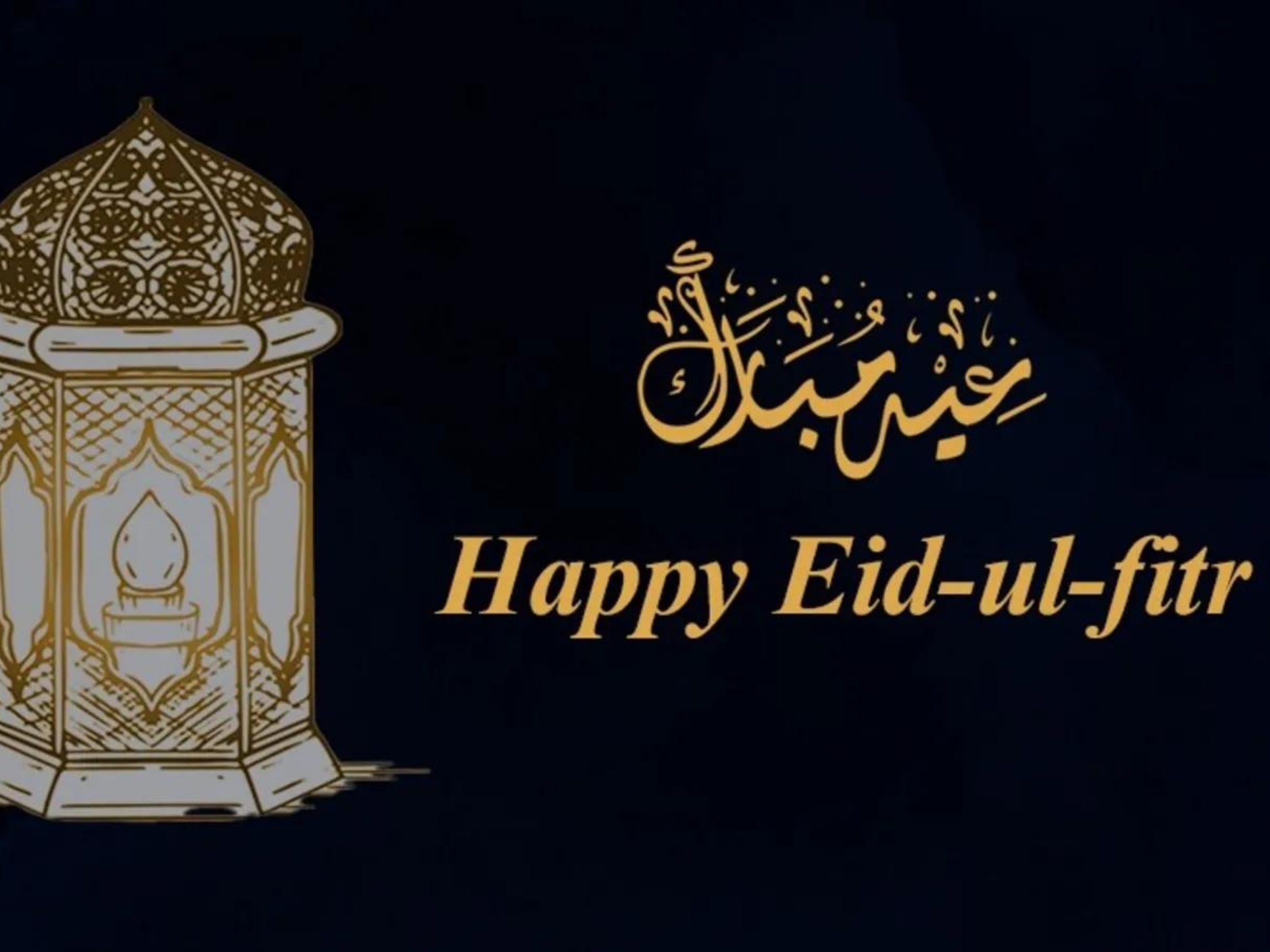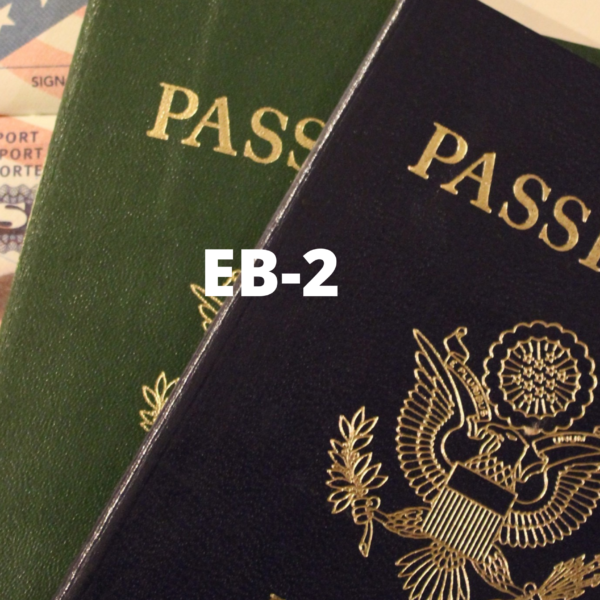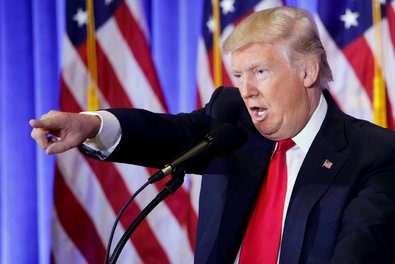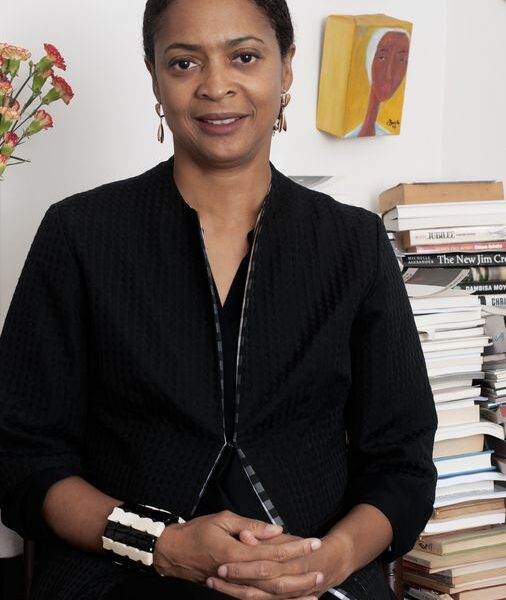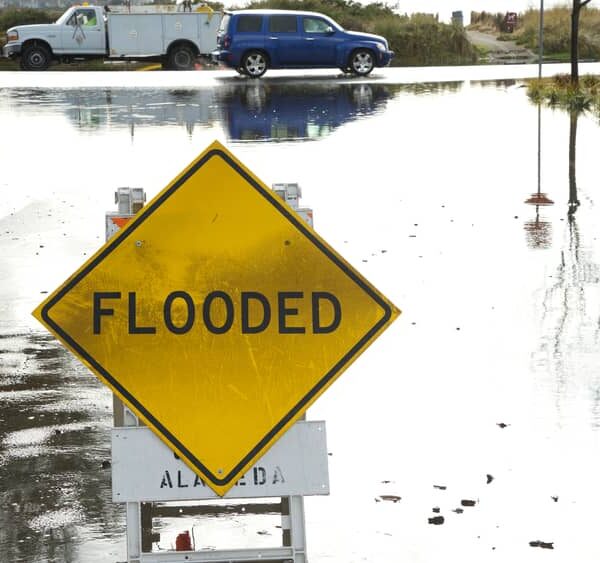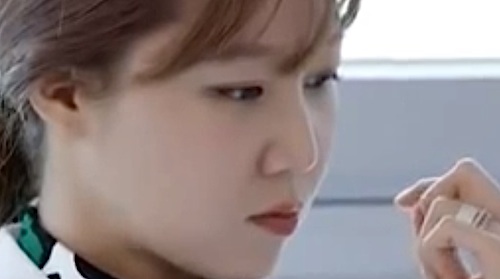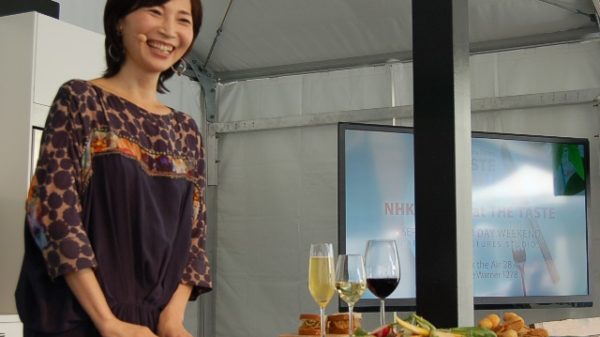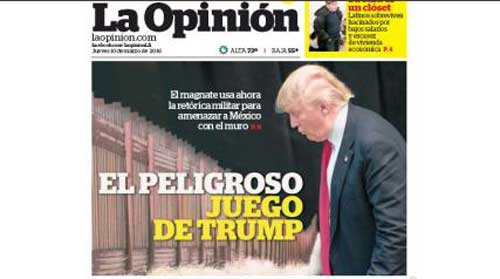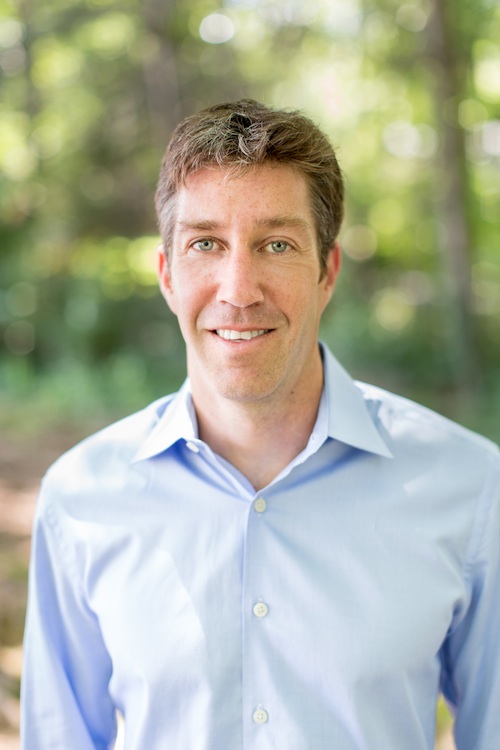Happy Eid-ul-Fitr
Magazine, The Immigrant Experience
Eid-ul-Fitr is celebrated all over the world by Muslims after a month of fasting for Ramadan. The festival is celebrated with religious zeal and fervor across the United States. In some states, indigenous people and immigrants belonging to other cultures and religions also join Muslim fellas to celebrate Eid.
Eid may occur during any season of the year as the Muslim use the lunar calendar. In many countries, Eid festivals continue for three days encompassing many events. However, Muslim immigrants in the US celebrate the first day of Eid with family, friends, and neighbors.
Since Islam is the fastest-growing religion in the US, the government strives to create a favorable environment so that Muslim Americans can celebrate Eid with religious fervor. In his message on Eid, President Biden said, “This year, as we mark Eid-ul-Fitr, we hold in our hearts the millions of displaced persons and refugees around the globe who are spending this sacred holiday separated from their families and unsure of their future but still hoping for a brighter tomorrow.”
Let’s take a look at some of the traditions that Muslim immigrants observe during Eid celebrations in the US:
Eid Charity
Fasting, worshiping, and charity are the most critical aspects of the holy month of Ramadan. Throughout this month, Muslim immigrants in the US increase their prayers and their charity, and contributions back to the community and their faith.
However, Eid charity is something different from the charitable activities made during Ramadan. It’s called ‘Fitrana’ which is calculated at $12 and is payable by every able-bodied Muslim. This amount of $12/per family member is donated to the needy and underprivileged members of the Muslim community before offering Eid prayers.
Traditional Clothing
Traditional clothing is one of the colorful aspects of Eid. On this day, streets of the US are seen featuring different types of cultural dressing as it’s a part of Eid celebrations to wear traditional dresses. Many Muslim immigrants order their Eid dresses from their home countries as it’s difficult to find such clothing in the US.
Eid Prayers
In the morning, Muslims cladded in traditional clothing, head towards nearby mosques to offer Eid prayers collectively. The US government has specified communal spaces where Muslims can offer communal prayers and in cities with a sizeable Muslim population, such as New York and Philadelphia, people may congregate in parks or other public spaces.
Kadir and Kareem, Muslim immigrant brothers from Africa, said that in Washington DC, the Capitol Hill lawn has traditionally been a place where thousands of worshippers gather during Eid and their entire group went there to offer Eid prayer.
After the prayers, they hug each other and pay Eid greetings. They also invite each other to their homes to celebrate Eid with their family.
Eid Feasts
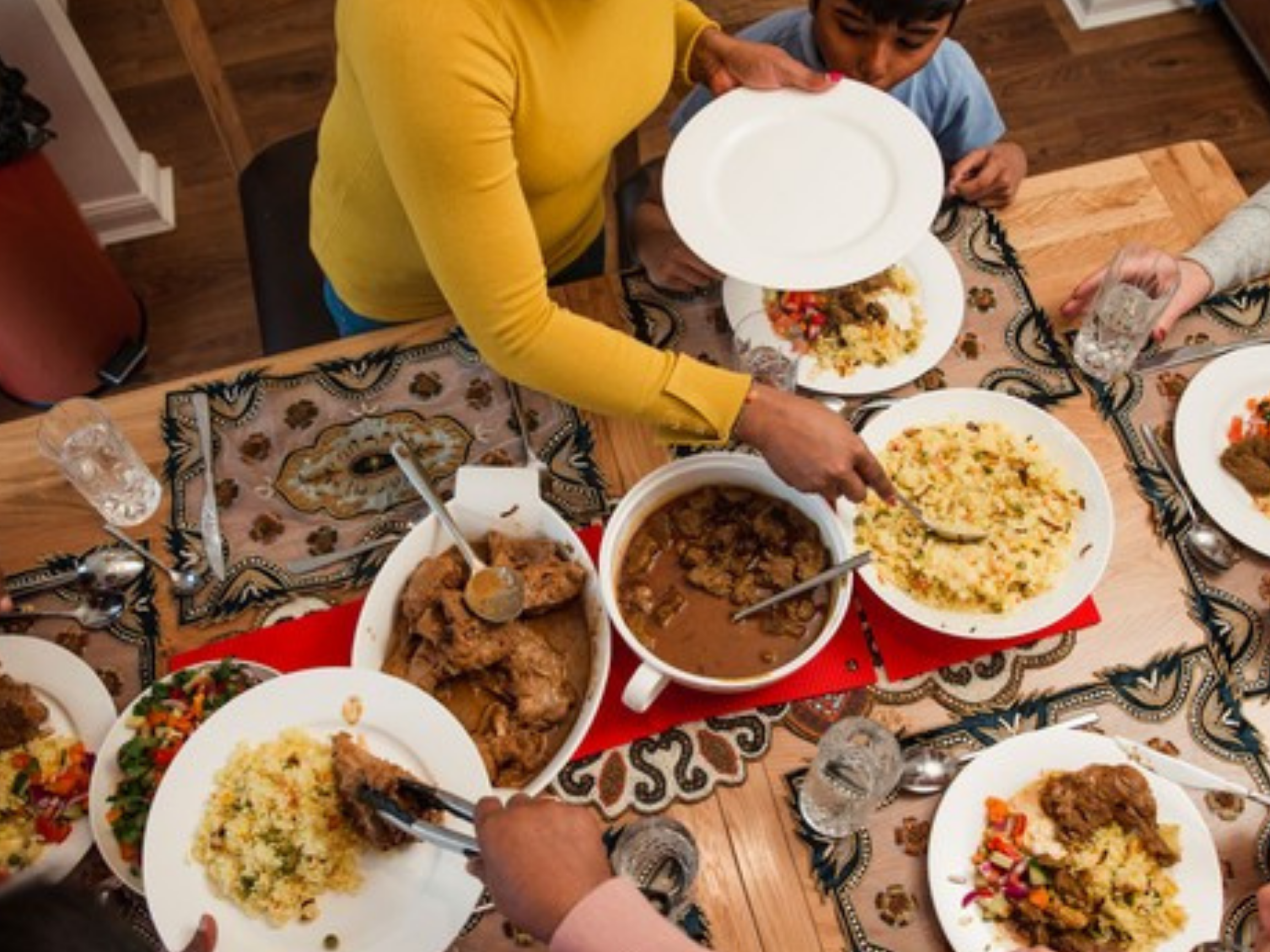 Muslim immigrants spend Eid eve preparing traditional cuisines for the family and guests. They cook traditional as well as American dishes.
Muslim immigrants spend Eid eve preparing traditional cuisines for the family and guests. They cook traditional as well as American dishes.
Adnan Shabbir, a Muslim immigrant from Pakistan says he along with his wife spends the entire night preparing food for the Eid feast. “I miss my mother who used to make delicious dishes for all the family and guests.”
Exchange of Gifts
Giving presents to younger people among friends and family is the best part of Eid day. Children wait for this day as they get presents (Eidi) from their elders. Eidi or Eidiya is the tradition of exchanging gifts on Eid.
A Muslim immigrant from India, Zia, 15, cheerily said the gifts he received on Eid from other Muslim communities and the invitation for a festive meal having a range of mouth-watering dishes was one of the most cherished parts of the day.
Life in today’s world is all about work and future plans that have minimized happiness in our lives. Public interaction with our fellow beings not only makes us happy but also helps us to learn new languages, and familiarize ourselves with different cultures. Eid and similar festivals serve this purpose better. We should participate in such festivals regardless of our religion and ethnicity to rejuvenate ourselves by sharing happiness and joy.

